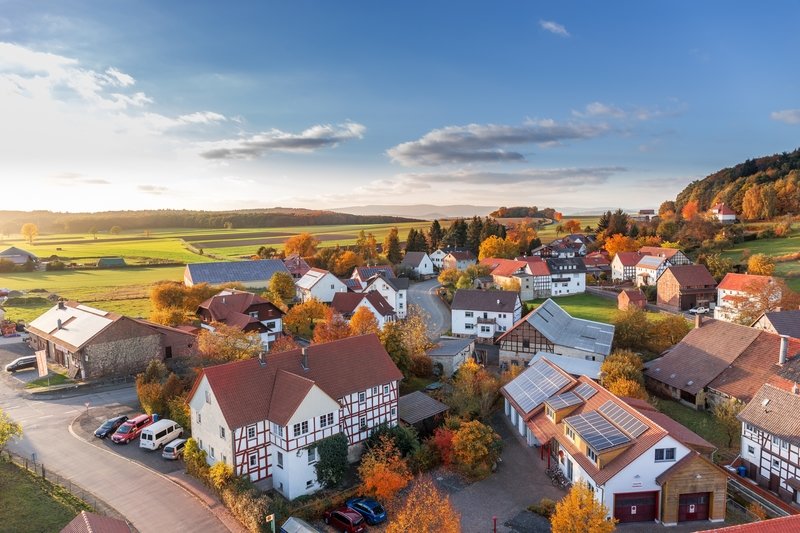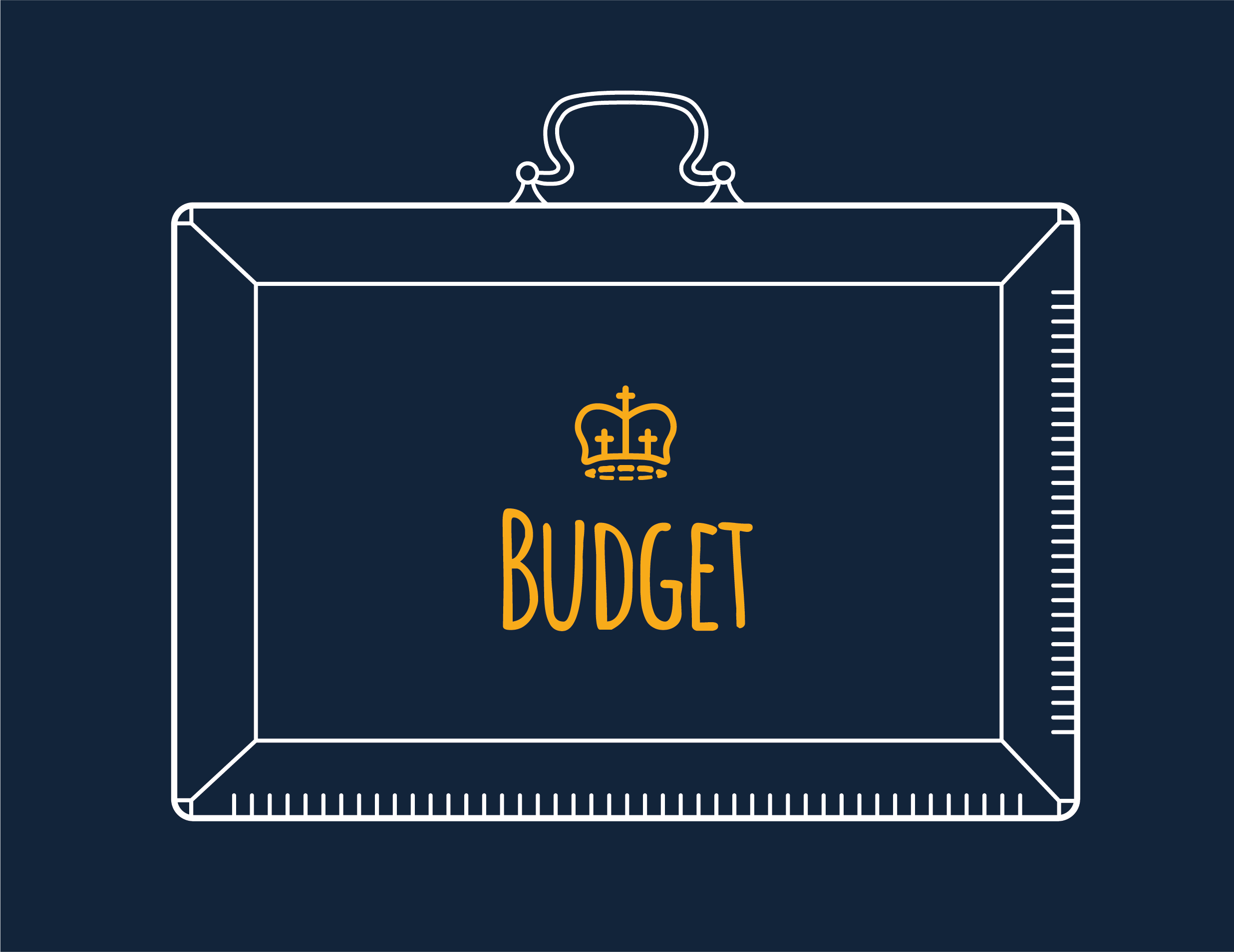
If you own your own home, you will probably either own the property on a ‘freehold’ or a ‘leasehold’ basis. If your property is a house, you probably also own the freehold. However, if you own a flat, it’s are more likely to be a leasehold.
But what do these terms mean? And what are the pros and cons of each type of ownership? Our guide explains everything you need to know.
Freehold property explained
If you own the freehold of a property you own it outright, including the land that it is built on.
Most houses are freehold, although there are occasions where a house may be leasehold (for example through some shared ownership schemes).
If you own the freehold you never have to worry about the lease running out as you own the property and the land outright. You won’t have to deal with a freeholder and you won’t pay any additional charges such as ground rent or a service charge.
However, if you own a freehold then you are responsible for maintaining your property and the land. As there is no landlord/freeholder, you will need to budget for all the costs of maintenance.
Leasehold property explained
Under a leasehold, you own your property and its land for the length of a lease agreement made with the freeholder. When the lease ends, the ownership returns to the freeholder unless you can extend the lease.
This Is Money reports that more than two million people own property on a leasehold basis. Most maisonettes and flats are owned on a leasehold basis, apart from in Scotland where there are very few leasehold properties.
Many leases are granted on a 99-year or 125-year term while some run for 999 years. Most banks and building societies are happy to lend to a property that has at least 75 years unexpired on the lease.
In recent years, changes to the law have made it easier for the owners of leasehold property to join forces with their neighbours and buy the lease from the landlord. This helps leasehold property owners to have a stake in the ownership of the property/land.
3 main differences between freehold and leasehold properties
1. Charges
If you own a freehold property, you will be responsible for the maintenance of both the property and the land. You will need to make sure that you have money available for any repairs that are needed.
If you own a leasehold property, you don’t own the land, meaning you are not responsible for maintaining and running the building. In this case, your landlord or a managing agent will do this.
To cover these costs, you will generally pay a ‘service charge’ to your landlord. Service charges vary from property to property and pay for things such as the maintenance of communal gardens, the maintenance of communal areas such as staircases and lobbies, and the repair of external walls and roofs.
If you own a leasehold property, there may also be other charges. You might be asked to pay into a sinking fund, to help cover any unexpected maintenance work needed in the future and you may also have to pay a ‘ground rent’ and a share of the buildings insurance.
2. Getting a mortgage
The question of whether your property is freehold or leasehold can also affect your mortgage.
Lenders will normally need a lease to run for 25-30 years beyond the end of your mortgage. This means if you want to get a 25-year mortgage the lease needs to have at least 50-55 years before it ends.
As a result, it can be difficult to sell a property if the lease is for less than 80 years.
With a freehold property, you own both the property and the land. This makes it easier to get a mortgage on such a property and, therefore, easier to sell your home.
3. Estimating the value of your home
Freehold properties will generally maintain their value in an even property market and will typically increase in value when house prices rise.
Leasehold properties, however, may not increase in value in the same way because a leasehold interest is a diminishing asset.
At the start of a long lease, there will not be much difference in value between a freehold and leasehold property. However, as the lease shortens, the leasehold property can reduce in value.
As the lease gets shorter, the value begins to fall more rapidly. My Property Guide reports that a flat with a 50-year lease is only worth around 70% of what an identical flat with a 99-year lease would be worth.
Bear in mind that if you have lived in your leasehold property for more than two years you have the right to extend the lease.


